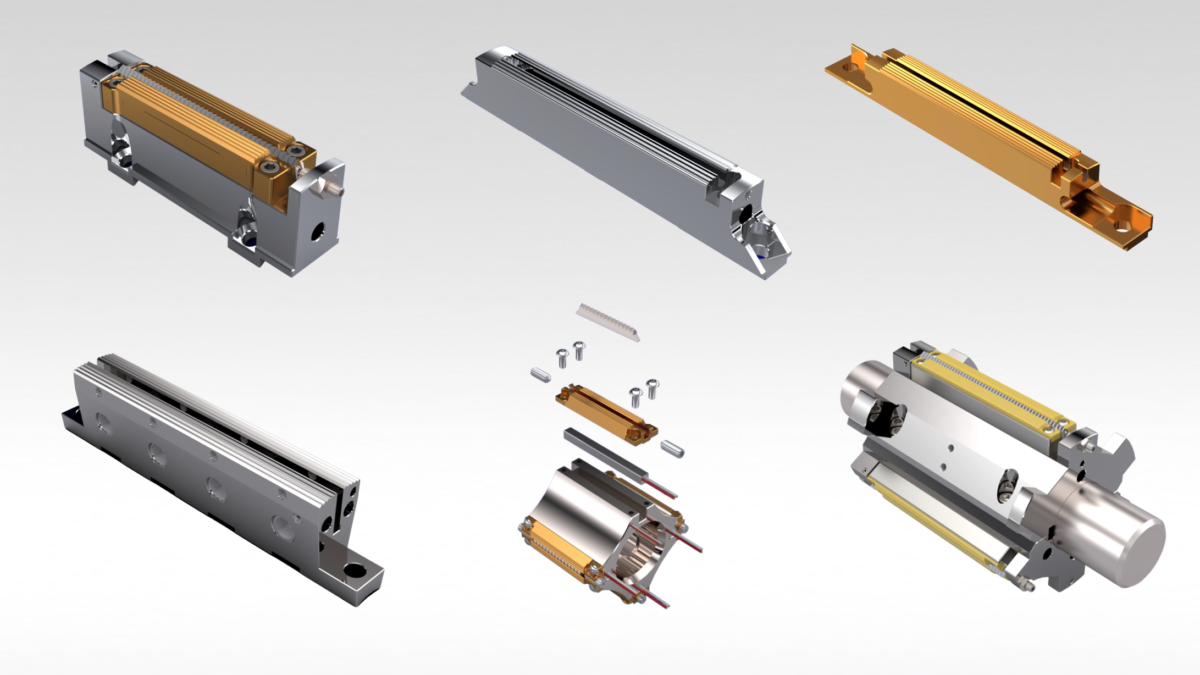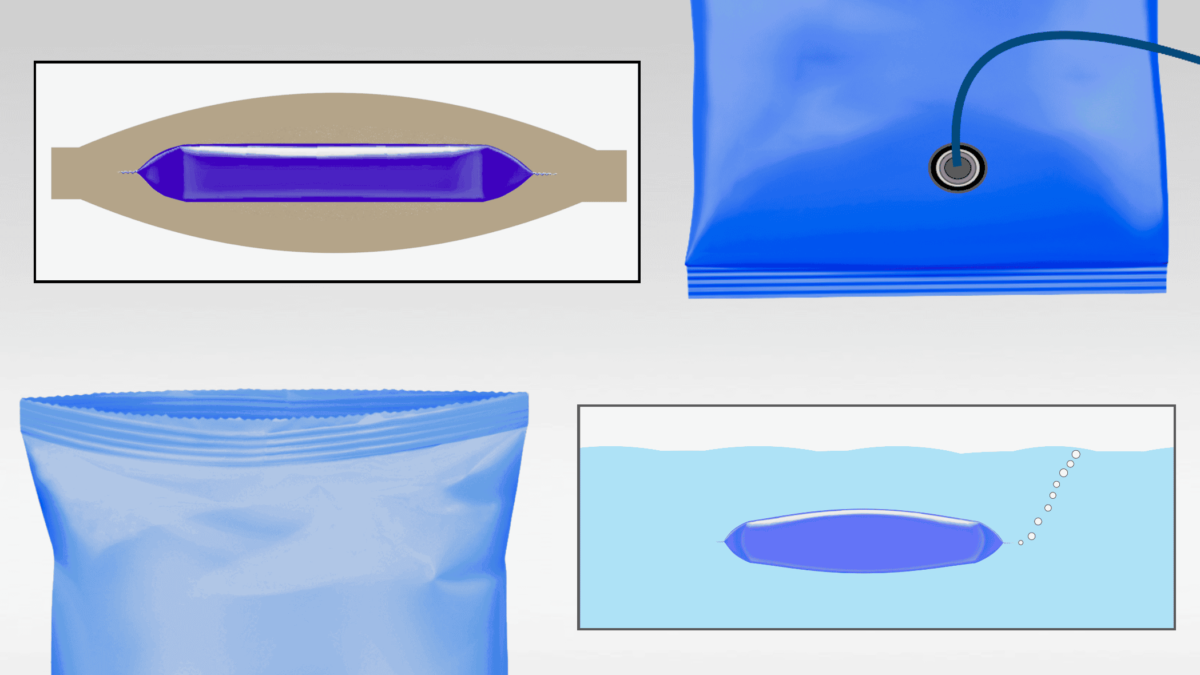Does your sealing jaw serration pattern maximize sealing pressure? Serration designs for flow wrappers and vertical baggers are not universal, one size fits all.
You may not be aware of the specific geometry of your serrations, such as their pitch, angle, or depth, or know if this design is consistent on all your packaging machines, lines, or locations. But serration design has an enormous impact on packaging performance.


Maximum Sealing Pressure
Sealing jaw serrations should be custom designed for your specific packaging material, conditions, and package configuration to maximize sealing pressure without splitting or damaging the package.

When pressure is within this maximum, optimal range the sealant layer melts faster and flows more efficiently to seal the package and caulk potential leakers, even at the corners and in gaps created by varying thicknesses at the fin or lap seal, gussets, and other creases.

Heat + Pressure + Time
Machine operators, mechanics, and engineers often need more than just machine adjustments to meet growing requirements to improve quality packaging and seals and increase production rates.
Customized serration patterns are a critical tool for meeting these higher standards.

Serration Patterns for Sustainable Packaging Materials
Serration pattern design becomes even more crucial with new, sustainable packaging materials, which are often more challenging to seal properly.

Serrations that are not optimized for sustainable films can contribute to a variety of package quality, sealing problems, and productivity issues, such as split seals and reduced line speeds, due to the need for longer dwell times.
Since sealant layers in sustainable materials may be limited in amount and type, they may not flow as readily to open areas of the seal. These films require maximum, optimal pressure from the serrations to help seal off leaks.

Serration Pattern Evaluation
Whether you’re converting to new or sustainable packaging materials or working to improve performance with your current film structure, optimizing your serration pattern design will improve seal quality, maintain this quality at higher and fluctuating line speeds, reduce waste, and increase production output.
Contact Greener Corporation for a no obligation Serration Pattern Evaluation. We provide Integrated Parts and Technical Services worldwide.


